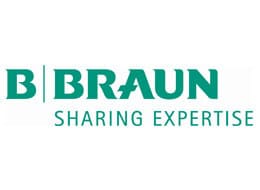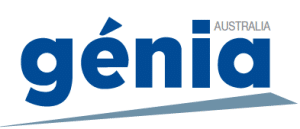Brachycephalic & BOAS Surgery Workshop 2024
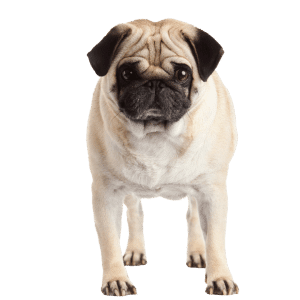
In this weekend workshop, vets focus on surgical techniques to manage brachycephalic obstructive airway syndrome (BOAS). This is not a watch-and-learn workshop. This is a learn-by-doing workshop which has evolved from our very popular Fix the Face workshop.
Nurses and technicians have their own weekend-long CE stream with extensive practical sessions on brachycephalic intubation, anaesthesia, surgery, recovery and postoperative care.
BOAS in clinical practice
-
Surgical procedures for BOAS
-
Brachy-safe anaesthesia & analgesia
-
Gastrointestinal complications associated with BOAS
-
Stress reduction through holistic patient care
- Case presentations & clinical discussion
Your practical skills take priority
A VetPrac workshop will always put hands-on skills first. Veterinarians at our Brachycephalic & BOAS workshop practice a range of surgical techniques under the leadership of veterinary surgical specialists. Nurses and technicians practice airway examinations, intubation, and simulated anaesthesia monitoring with tailored brachy-safe techniques. When we say hands-on, we mean it.
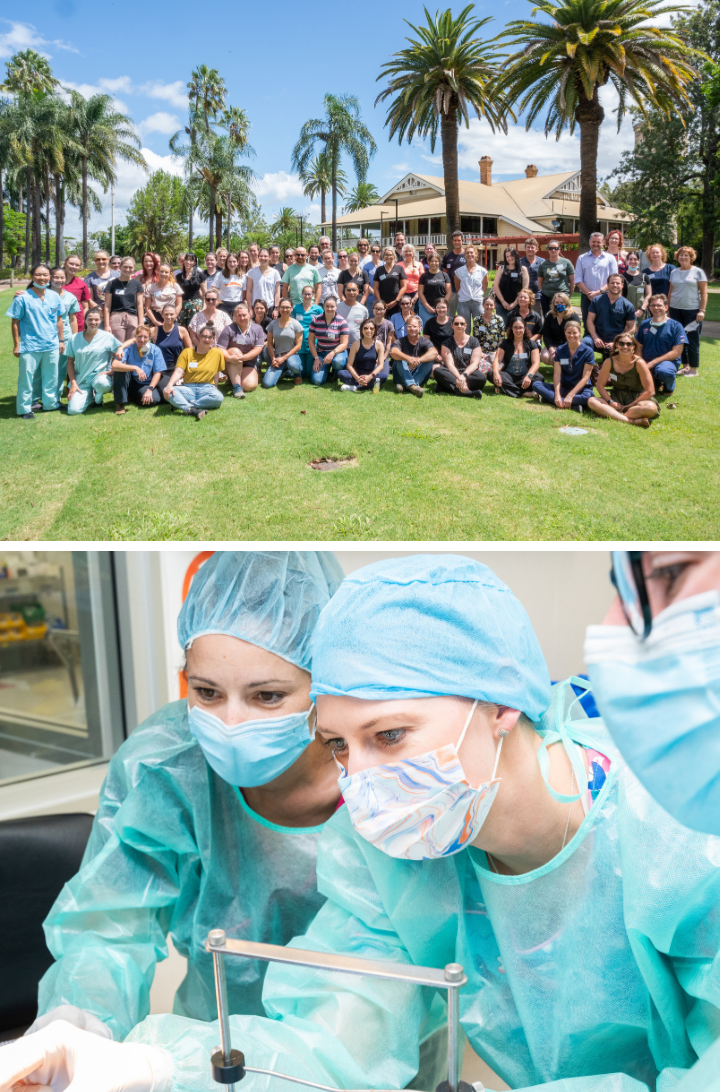
Veterinarians
Theory for practice
- Regional anaesthesia techniques
- Anatomy of vital respiratory structures
- Redundant respiratory structures
- Soft tissue & airway surgical techniques
- Recognised BOAS procedures
Practical skills sessions
- Wedge resection
- Sacculectomy
- Folded flap palatoplasty
- Free edge staphylectomy
- Tonsillectomy
- Alarpexy
- Temporary tracheostomy
Nurses & technicians
Theory for practice
- Reducing anxiety
- Local anaesthesia techniques
- Individual patient risk assessment
- Airway examination
- Premedication, induction, recovery
- Brachy-safe general anaesthesia
Practical skills sessions
- Airway landmarks
- Recovery & complications
- Case discussions
- Nursing protocols
- Emergency kits
- Home care communication
- Educating & involving clients
WHO IS THIS WORKSHOP FOR?
Other sessions are role-specific: vets join the surgical stream, and veterinary nurses and technicians spend the rest of the weekend on the wide range of clinical skills involved with perioperative care and brachycephalic anaesthesia.
What kind of vet should attend?
Any veterinarian with an interest in soft tissue surgery will find this workshop rewarding. Our participants generally join us from general practice, referral and emergency clinics, and this course is highly surgical with hours of actual hands-on practice in BOAS procedures. You’ll use the soft tissue handling skills you’ve developed during routine or general practice level surgeries, and our specialist-led education team will coach you in the nuances of veterinary airway surgery.
What kind of nurse or tech should attend?
This workshop is suitable for any nurse or technician working in a clinical nursing role. Some experience with anaesthesia monitoring will be an advantage, as well as some surgical preparation skills – experience with perioperative care in general practice level surgeries like desexing is an excellent foundation. The veterinary technician specialist-led team will build on your technical knowledge to explain and demonstrate how the brachycephalic patient requires next-level care and attention.
Don’t miss this opportunity to embrace brachycephalic case management for your practice. Our philosophy is that by training the whole clinical team together, you’ll be more confident and capable when you take new skills back into practice. You’ll love meeting our kind and experienced teaching staff, and we think you’ll enjoy the relaxed and collaborative atmosphere of our BOAS workshop.
WHY JOIN A VETPRAC WORKSHOP?
Get current
Get up to date in BOAS research, management & surgery, then we’ll show you how to walk the talk.
Social network
This is your tribe. Spend some quality time with people who understand what you do each day.
Great food
We’ll make sure you’re nourished with healthy food, sweet treats & caffeine, so you can get on with learning new skills.
Hands on experience
It’s all about time on the tools. We prioritise your opportunity to perform the skills in each section of the workshop, with support & guidance whenever you need it.
Personalised feedback
Get feedback on your clinical approach & refine your technique throughout the workshop. You’ll have exclusive access to our education team, ask as many questions as you can!
Real-world training
Learn the same way you work: vets & nurses together. Collaborative sessions help you apply your new skills in the clinic, & stream-specific sessions focus on key skills for each role.
Workshop Schedule
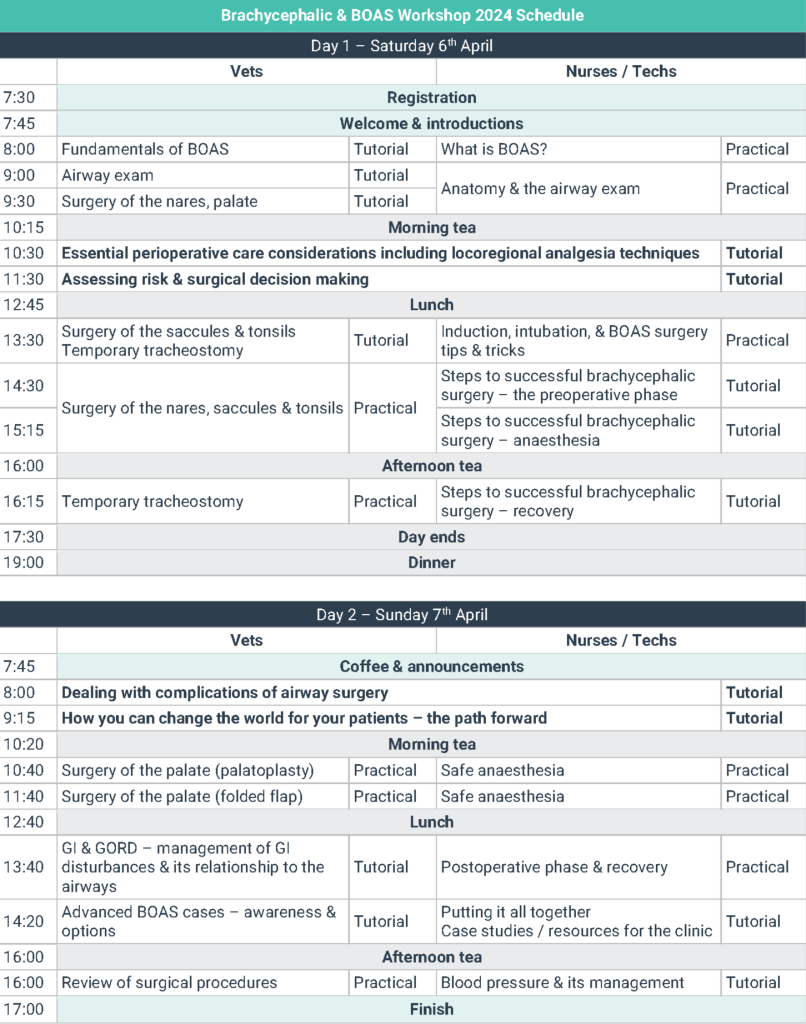
A VetPrac workshop has tangible benefits
INVEST
Weekend workshop for a vet & nurse team with a $3,650 CPD investment
LEARN
Invaluable hands-on learning for the veterinary care team
RETURN
Foundation for BOAS management & future clinical services
Your Educators
Nurse & technician stream
Veterinarian stream
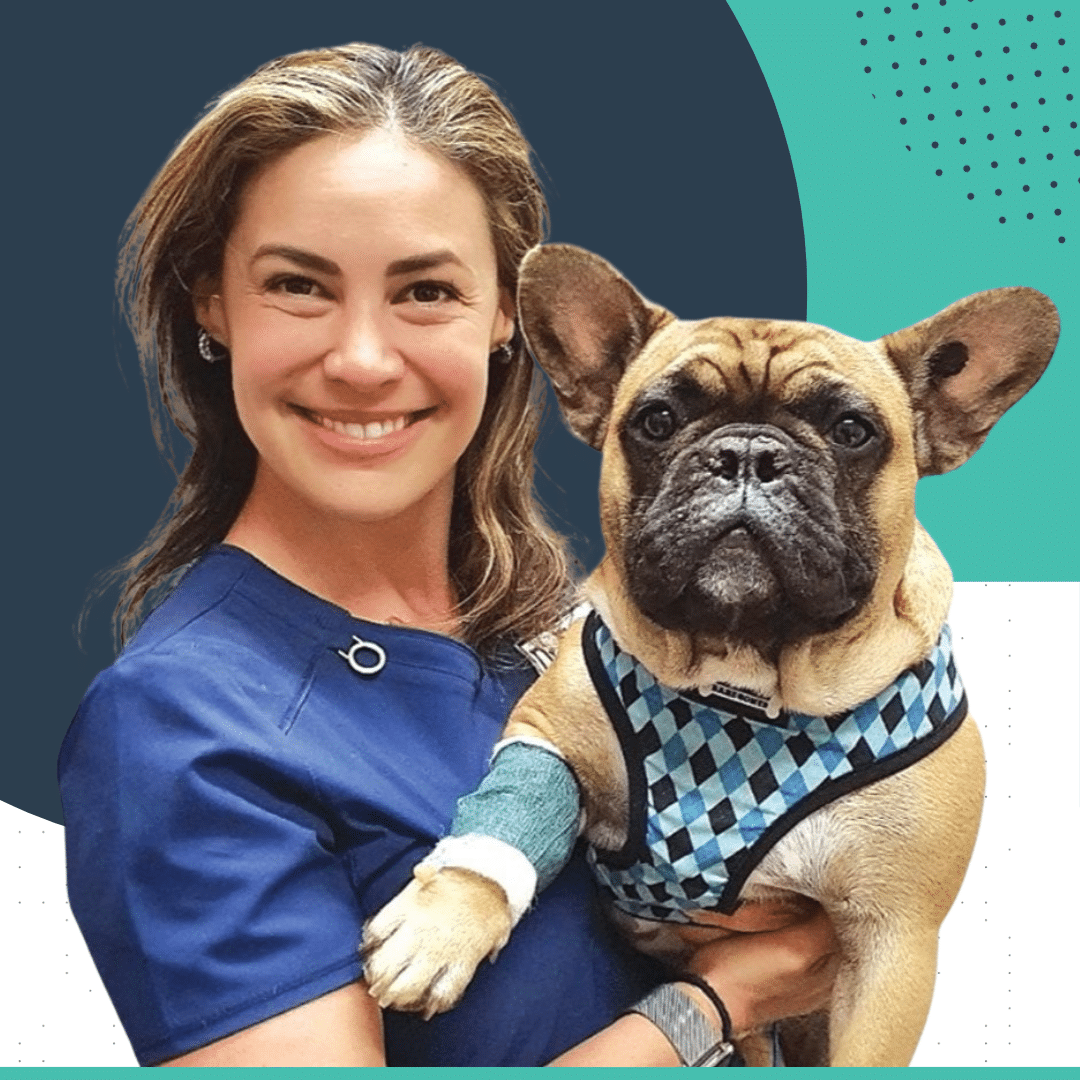
Dr Ema Bowman
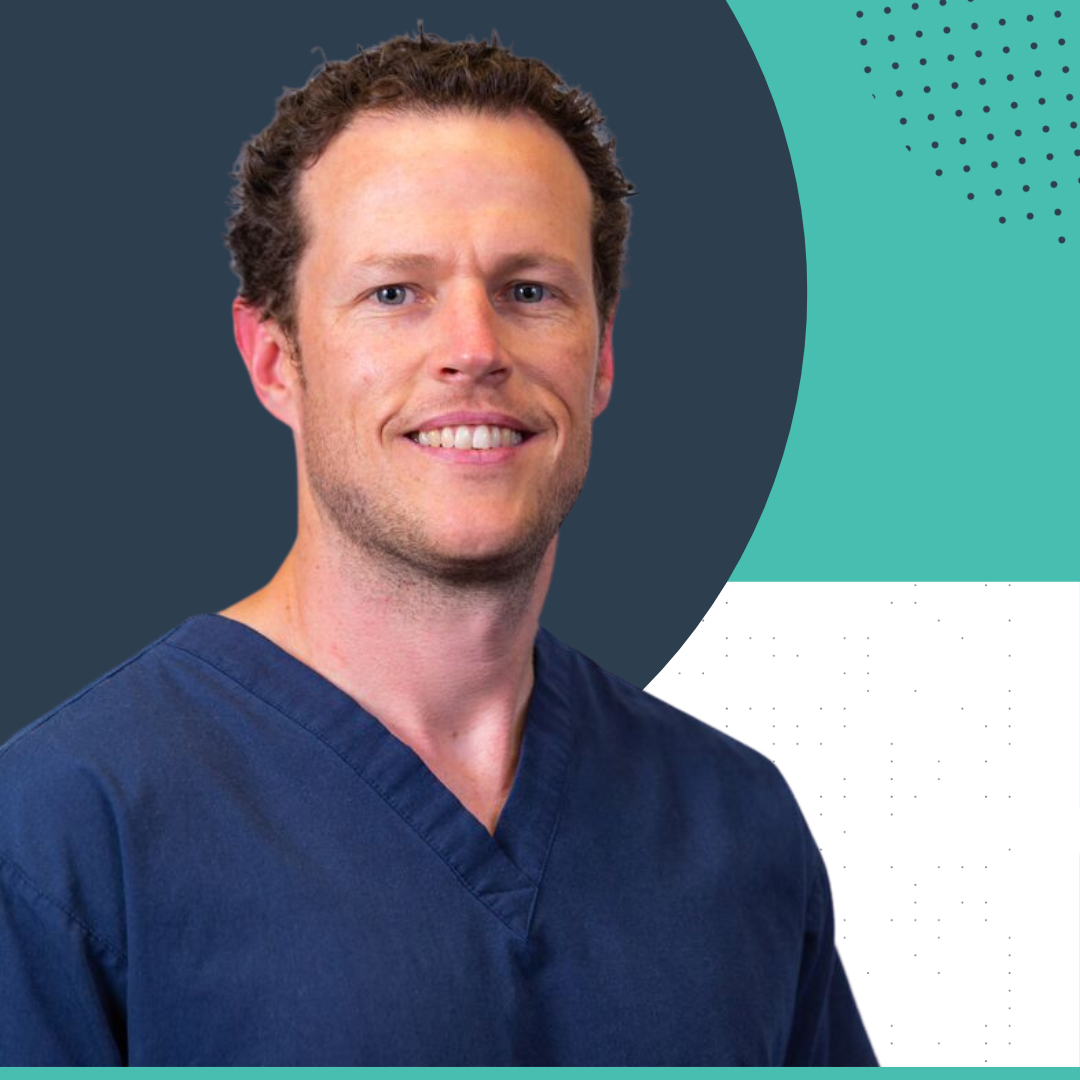
Dr James King
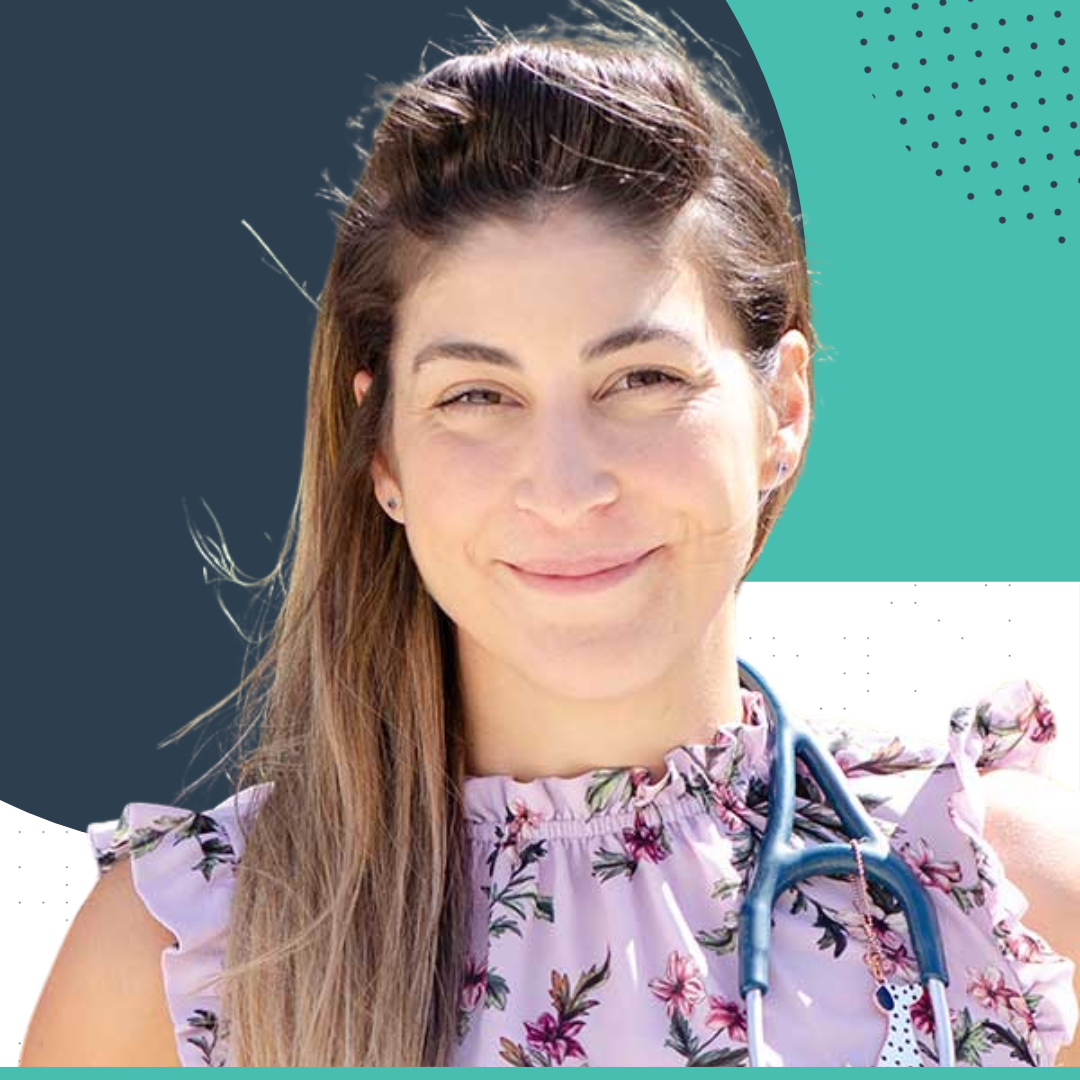
Dr Alex Santamaria
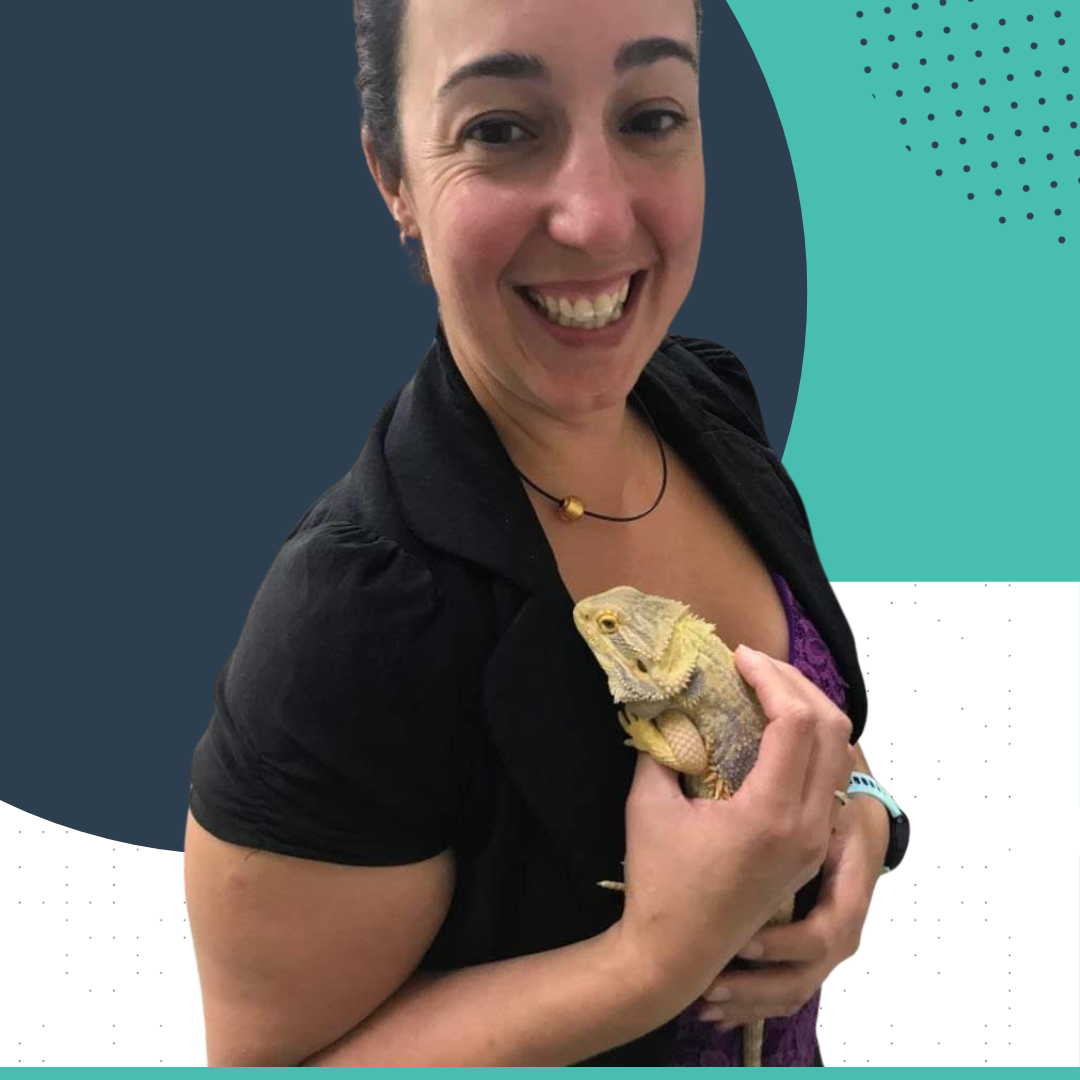
Charleyne Scott
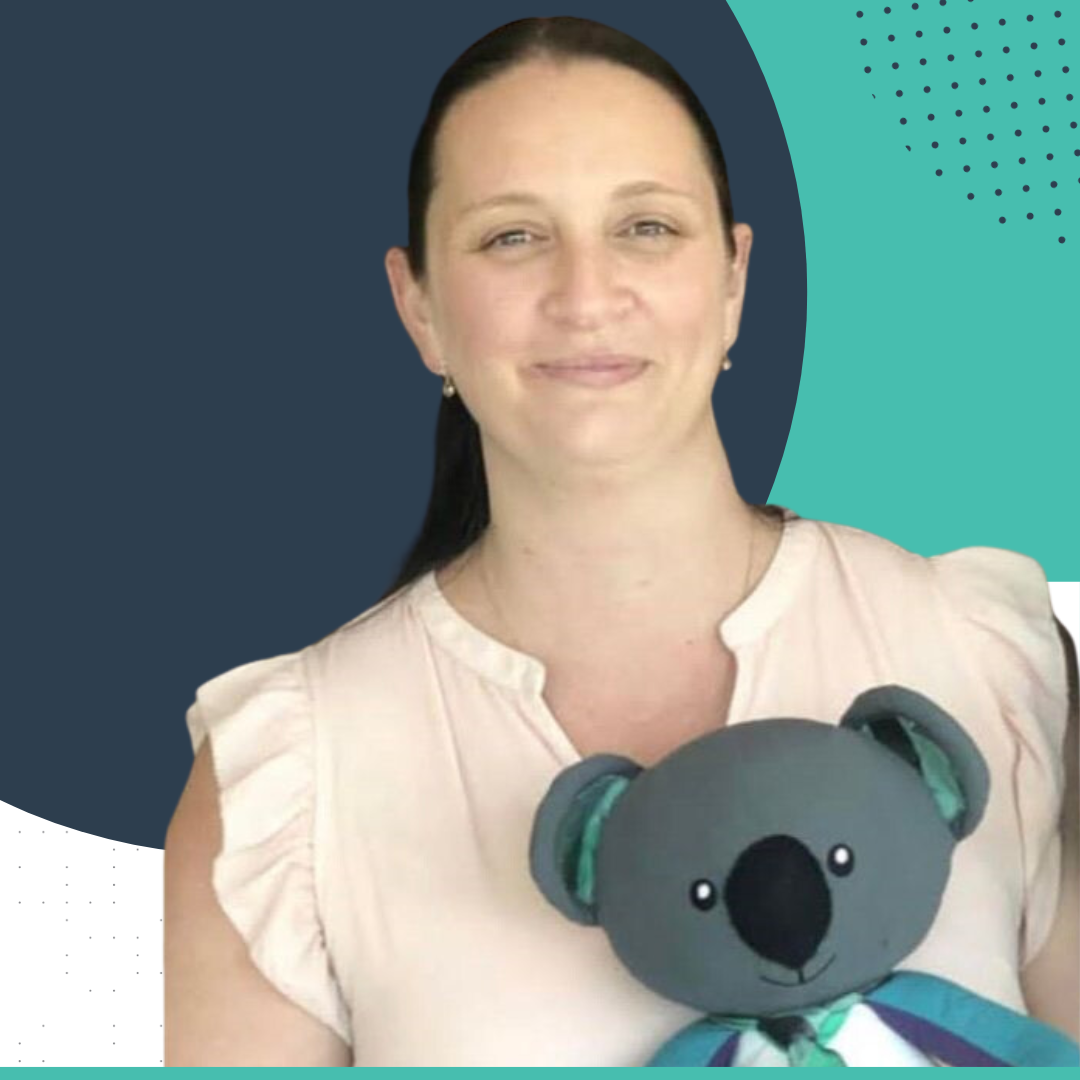
Cindy Grew
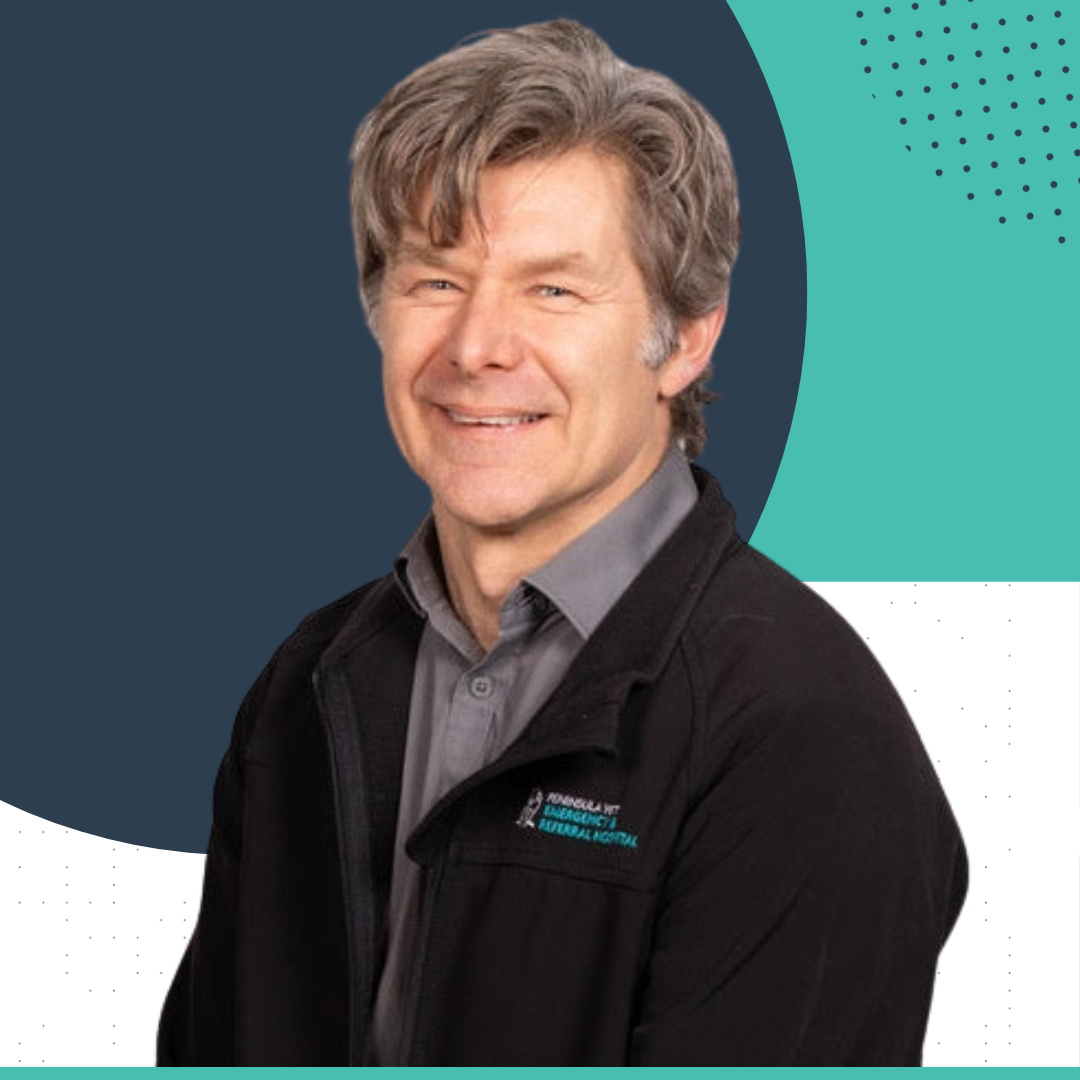
Dr Arthur House
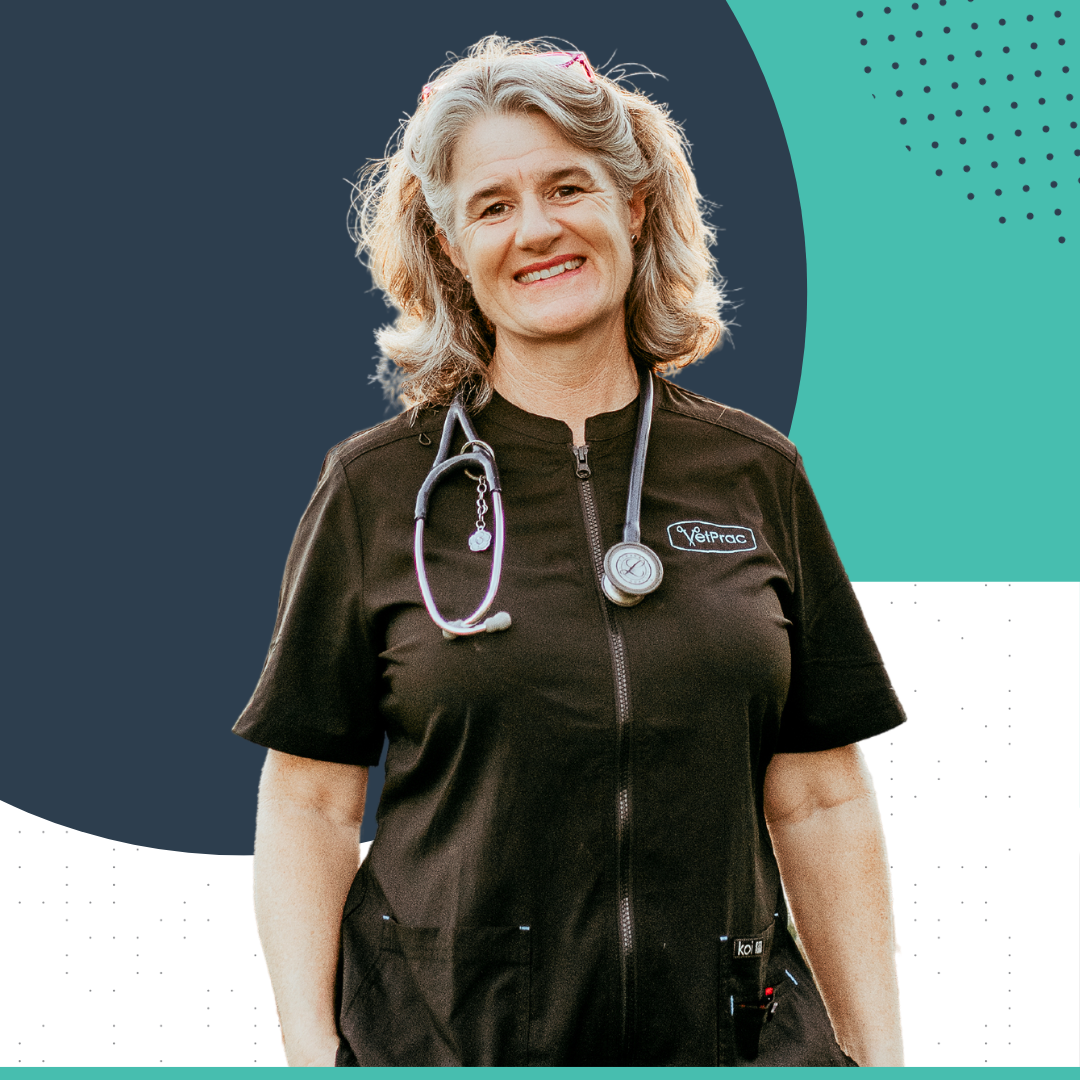
Dr Margie McEwen
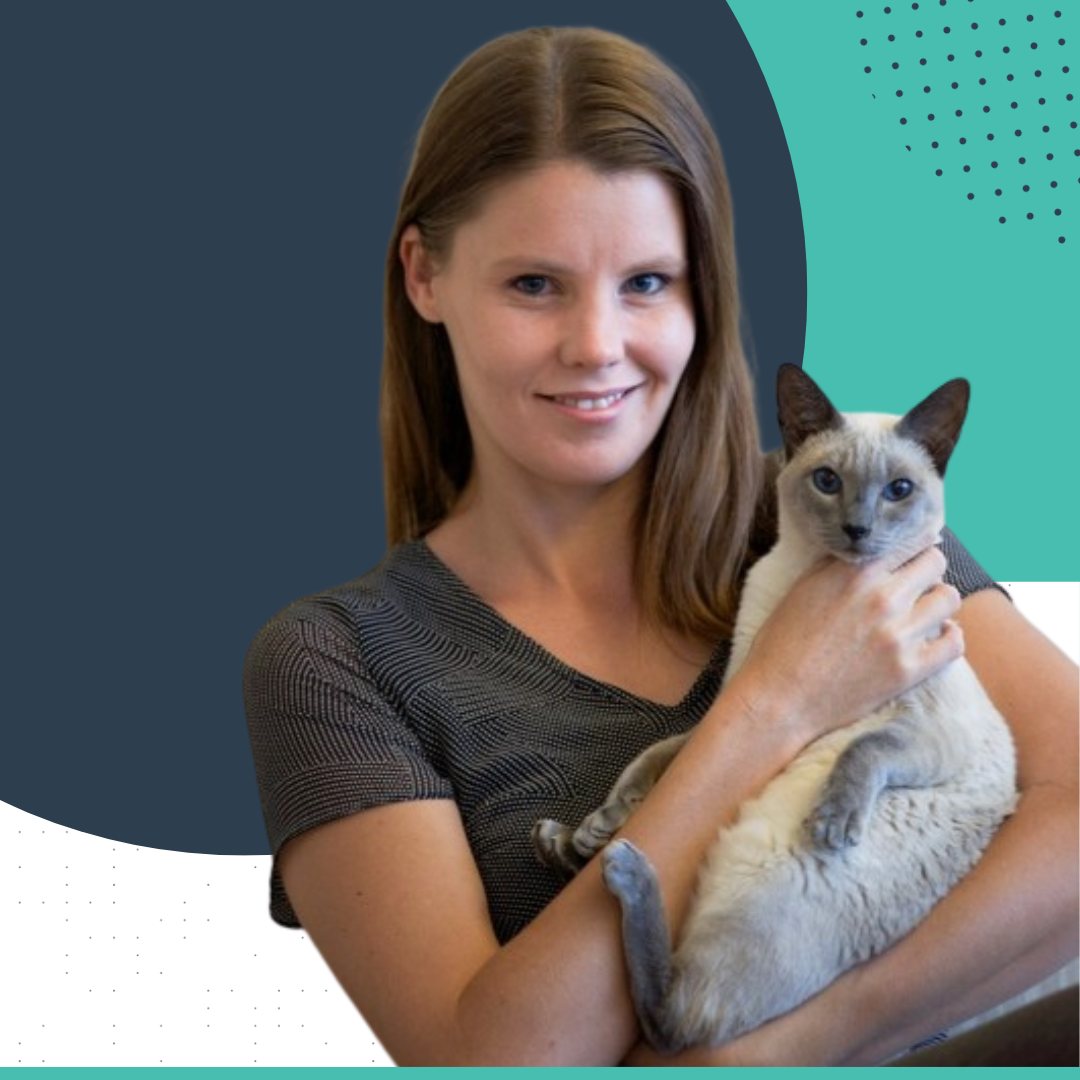
Dr Tania Banks
Your Questions Answered
Are group discounts available?
Absolutely! Work together, learn together, we say. If 3 or more participants register from the same clinic under the same booking, you’ll receive a 5% discount at checkout when you book on our website.
Will I get CPD points and a CPD certificate?
Of course! Each participant will receive a CPD certificate via email. We do this after you’ve provided feedback and the workshop is complete.
What kind of learning materials are included?
Generally, you can choose printed course notes, a digital copy on USB, or both. Everyone gets a printed copy of the procedure guide.
What happens if I pay and then later can’t attend?
- Transferring or changing registration from one workshop to another will incur a $50 administration fee.
- Cancellations made up to 45 days prior to the commencement date of the Training Course will incur an administrative fee of 50% of the Fee.
- Cancellations made up to 7 days prior to the commencement date of the Training Course are not refundable.
Can I pay in instalments, or do you offer payment plans?
Yes! At VetPrac we are pleased to offer payment plans for our online courses and workshops. We want to make it manageable for you to invest in your professional development.
For more information regarding our payment plans, please do not hesitate to contact Ros at [email protected].
What happens if the workshop is cancelled?
If VetPrac cancels any workshops, we will refund your course fees in full. However, VetPrac will not be responsible for any travel, accommodation or any other expenses incurred by you.
Still have questions? We’ve got answers.
Call 0491943260
Still have questions? We’ve got answers.
Call +61 491 943 260
PROUDLY SUPPORTED BY
